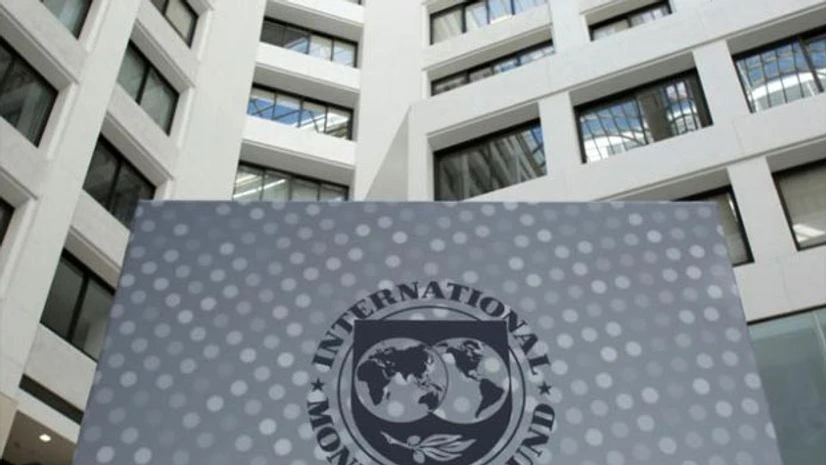The International Monetary Fund on Wednesday warned against governments trying to weaken their currencies through monetary easing or market interventions, arguing in a blog post that this would hurt the functioning of the international monetary system and make all nations worse off.
The post, which comes as global central bankers are gathering this week to discuss monetary policy issues in Jackson Hole, Wyoming, said that policy proposals to use monetary easing and direct purchases of other countries' currencies are unlikely to work.
"One should not put too much stock in the view that easing monetary policy can weaken a country's currency enough to bring a lasting improvement in its trade balance through expenditure switching. Monetary policy alone is unlikely to induce the large and persistent devaluations that are needed to bring that result," IMF chief economist Gita Gopinath and IMF researchers Gustavo Adler and Luis Cubeddu said in the post.
US President Donald Trump has stepped up his complaints about a strong dollar hurting U.S. exports in recent days as a key index of the dollar's value against other currencies rose amid a stock market recovery. On Wednesday he revived his Twitter campaign for the Federal Reserve to cut U.S. interest rates.
"We are competing with many countries that have a far lower interest rate, and we should be lower than them. Yesterday, 'highest Dollar in USHistory.' No inflation. Wake up Federal Reserve," Trump tweeted.
Also Read
The IMF researchers said that one problem for the limitations of impacts of U.S. currency fluctuations on the trade balance is that many US imports from China and other countries are invoiced in dollars, not local currencies.
The IMF blog emphasized that global external imbalances are not grossly misaligned and repeated the fund's view that China's external position, which includes the value of the yuan, was broadly in line with fundamentals in 2018.
"External imbalances are down sharply from the peaks seen during the global financial crisis, and the dollar was only moderately overvalued in 2018. This is in sharp contrast to the mid-1980s, when under the Plaza Accord major central banks acted in concert to address a large dollar overvaluation," they wrote.
The US Treasury has declared China a currency manipulator and requested that the IMF work with it to "correct" the situation.
Given the depth of the market for the dollar and the euro, actions such as buying foreign currencies to weaken the dollar or taxing capital inflows are "likely to be ineffective."
"What is more, they have negative implications for the orderly working of the international monetary system."
Even countervailing bilateral tariffs aimed at offsetting an undervalued currency are unlikely to reduce aggregate trade imbalances because they mainly would divert trade to other countries, the IMF researchers said.
"Instead, they are likely to harm both domestic and global growth by sapping business confidence and investment and disrupting global supply chains, while raising costs for producers."

)
